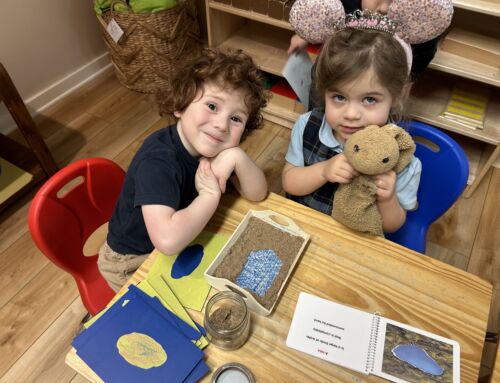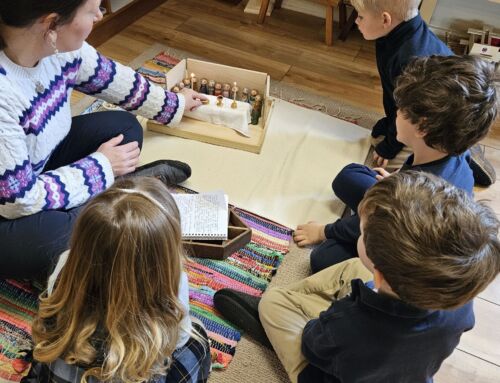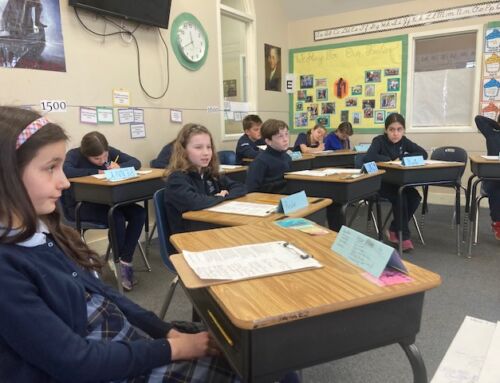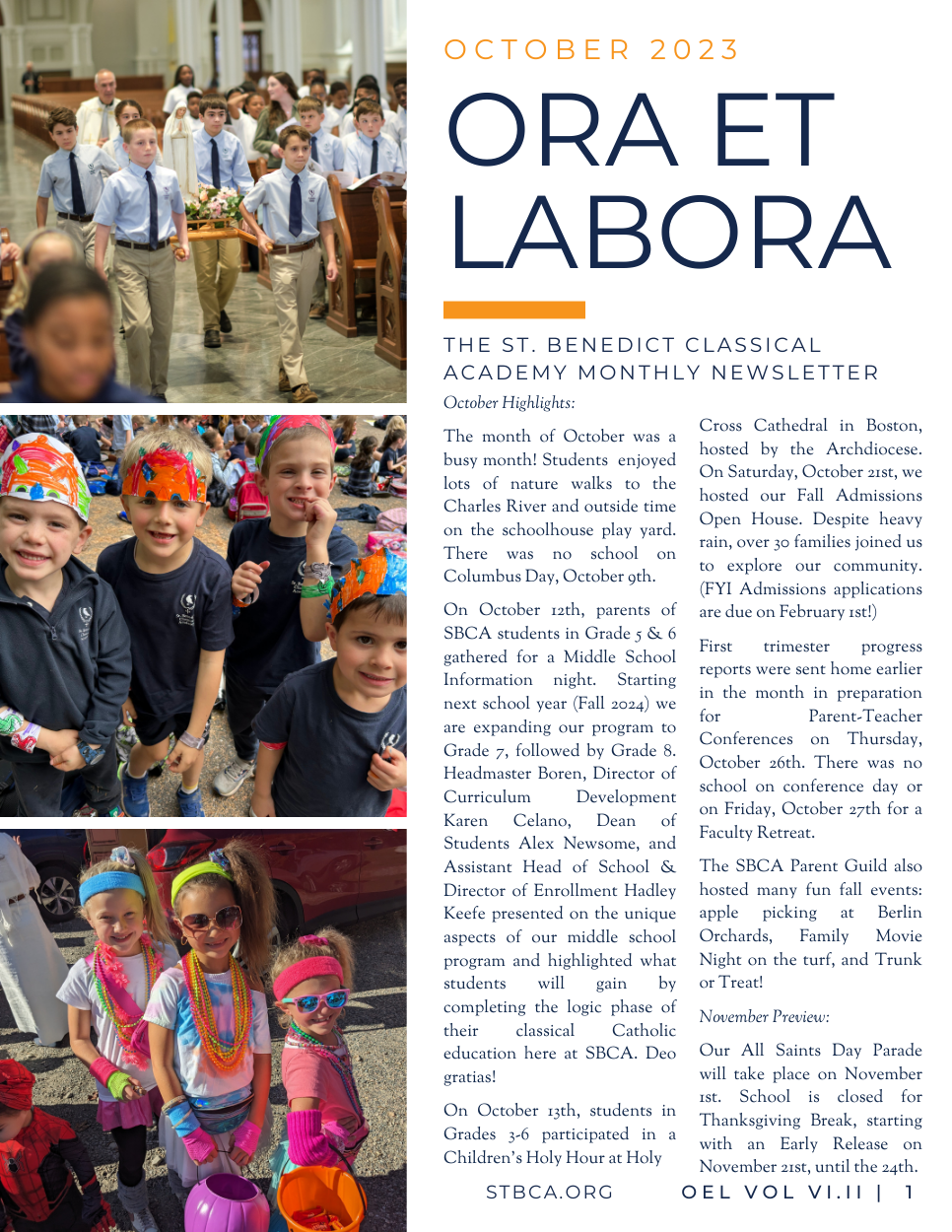Every other week I have the opportunity to visit Kindergarten and read the students a book focused on the virtue of the month. While we can certainly model desired behaviors and choices, one of the simplest ways to introduce virtues is through children’s literature. In his book The Mysteries of Life in Children’s Literature, Mitchell Kalpakgian reminds us, “Goodness in children’s stories assumes the nature of simple deeds of kindness: doing a favor for a stranger, sharing one’s bread, helping with the housework. Goodness consists in performing small, humble, unnoticed gestures of goodwill that escape public attention, but which bear great fruit like tiny seeds that must first be buried before producing abundance”. I am always impressed and inspired by young children’s desire to understand and embody the virtues presented in the stories. I hear my own kindergartener come home and talk about temperance, prudence, gratitude, and so on. While she may not completely understand all that each virtue entails, those tiny seeds of virtue have been planted. She is discovering what is right and wrong, what is courageous, what is compassionate, and what is generous. These virtues are abundant in children’s literature. Helping a friend who has fallen, sharing a stuffed animal, or praying for a sick classmate are only a few of the simple deeds I have witnessed during my visits with kindergarteners.
Moreover, these simple deeds of kindness do not start and end with our kindergarten class. If one were to travel through the schoolhouse or across the school yard, they can see the blossoming of those tiny seeds. You might walk past a first grader who is quietly praying in our schoolhouse chapel, a second grader staying behind his class so that he can hold the door open for you, or a sixth grader stopping their game to ensure safe passage of a classmate from a soccer ball as they cross the turf. None of these actions are done in hopes of a prize or praise, but merely because they know they are the right things to do. In a world so desperate for virtue, these seeds will surely nourish our community for many years to come.
AUTHOR: Katie Boren, Fourth Grade Teacher








